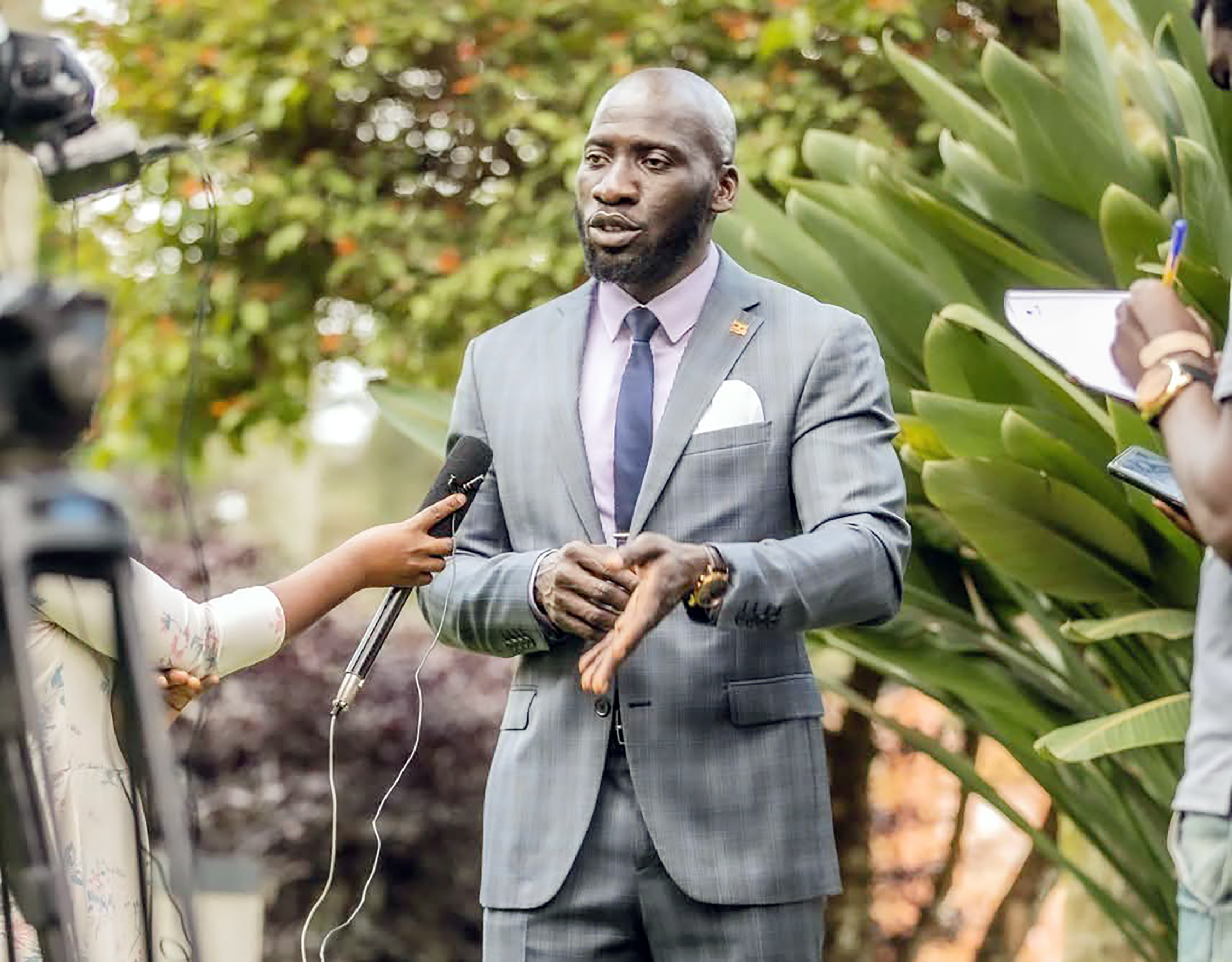
Surround yourself with accountability.
How exercise can save you from Type 2 Diabetes
"My people perish for lack of knowledge." – Hosea 4:6. It’s estimated that over 90% of all diabetes cases worldwide are Type 2, and yet, this isn't a virus or fate dealt by some invisible force. It’s a lifestyle disease — a direct outcome of how we eat, how we live, how we move — or more accurately, how we don’t. Processed carbohydrates, sugary beverages, sedentary desk jobs, Uber rides replacing walking — we’ve engineered comfort at the expense of survival. The very things we celebrate are slowly destroying our bodies.
It starts quietly: increased thirst, frequent urination, fatigue, blurred vision. Then, it escalates into kidney failure, nerve damage, amputations, even blindness. But it doesn’t have to be this way. As a certified human kinetics and kinesiology coach, and someone who has spent two decades in fitness and wellness across Africa, I’ve seen this pattern too many times. But I’ve also seen the miracles — people who made bold, simple changes and reversed the disease within just two weeks. The Good News: You Are Not Helpless. You can change. You can win. If you or someone you love is living with Type 2 Diabetes, or on the brink of it, here are four proven lifestyle interventions that can transform your body in as little as 14 days — and potentially save your life.
. Exercise Daily — It’s Your Best Prescription Exercise is not just an activity — it’s therapy. When you move your body, especially through moderate-intensity cardio (brisk walking, cycling, swimming, skipping), your muscles burn excess blood sugar, your insulin sensitivity improves, and your pancreas gets a break. Start with 30 minutes of movement every day. No gym? No problem. Walk in your neighborhood, take the stairs, dance in your living room. Pro tip: Morning and evening sessions will accelerate results. Think of it as brushing your internal organs clean — twice a day.
3. Intermittent Fasting — Give Your Body a Break Intermittent fasting is more than a trend — it’s biology at its best. When you go without food for a few hours, your body switches from storing energy to burning it, including that dangerous visceral fat around your organs. Try a 16:8 routine: Eat only between 12:00 PM - 8:00 PM. Outside of that, only take water, black coffee, or unsweetened tea. Fasting is not deprivation. It’s discipline. And it works.
4. Shift Your Mindset — Because Lasting Change Starts in the Mind Your greatest weapon is not your diet or your dumbbells. It’s your mind. Break the cycle of “this runs in my family.” Replace it with, “This ends with me.” Declare over yourself every morning: “I am reclaiming my body. I am breaking generational habits. I will not be defined by my diagnosis.” Surround yourself with accountability. Join a walking group. Get a coach. The time is now. Join the movement. If this moved you, act. Share it with someone. Start today.


Leave A Comment